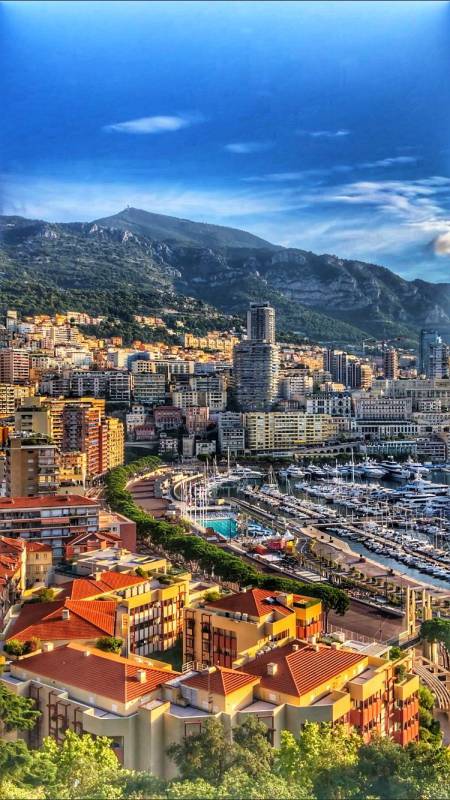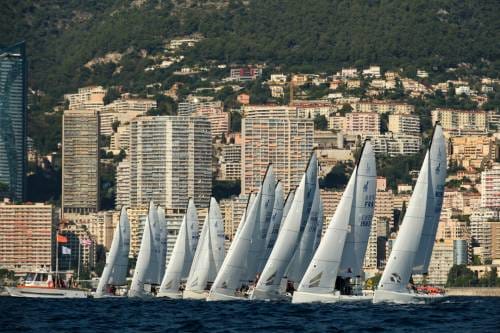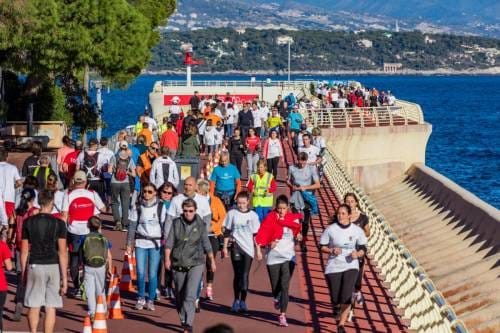At what point could the government make the quarantine even tougher – as has happened in the countries all around. What the government will be watching closely during the quarantine is its effect on the number of infections and the numbers of those that are so ill they need to be in hospital. Having enough hospital beds and facilities to treat those that are critically ill is key. Any pressure on the capacity of health facilities to cope could create pressure to toughen the quarantine. On the other hand if the infections peak and then go down that opens the way to a more normal future.
To date 93 people have tested positive for Coronavirus Covid-19, of which 9 are in hospital and 3 of these are in intensive care. This is currently well within the capacity of the Principality to cope.
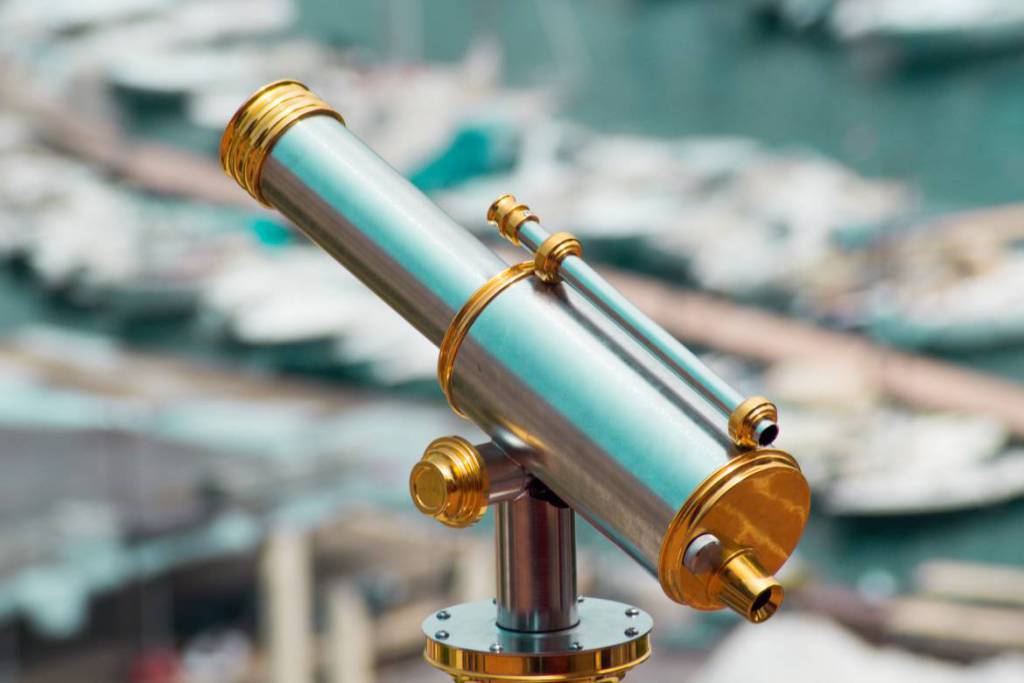
The key to success is respecting the existing quarantine to in order to stop the virus circulating. If the measures are not taken seriously the least that will happen is stricter enforcement, and worse – more loss of liberty.
If Easter weekend were a test of the determination of the government to enforce the rules it was decisive. The police were out in force even to the point that squads of Monaco and French police were working together limiting travel across the frontiers at Roquebrune and Cap d’Ail, including marine patrols along the coastline.
If it were a test of residents respect for the quarantine, even in tempting sunny weather at what would traditionally be holiday-time, the results were good. Despite a vast array of checks by the police, less than 10% were in contravention – the fine in Monaco being 200 euros. Roughly 200 people were diverted home.
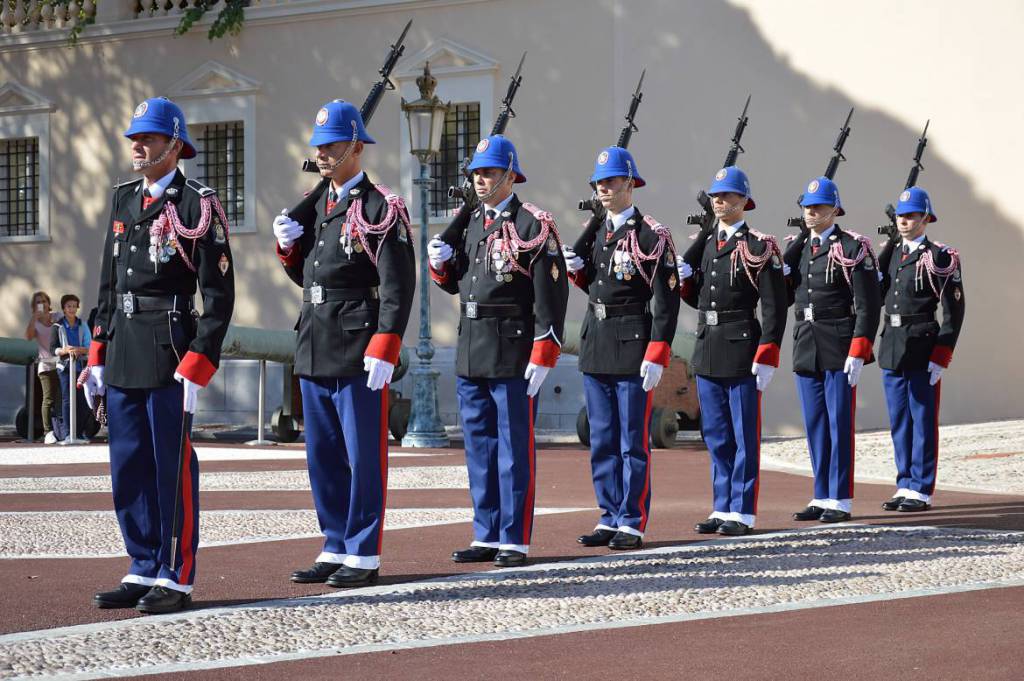
Best not to push the government into a corner where they have no choice but to tighten the rules. So far in Monaco, unlike France and Italy, no-one is required to carry a signed form (attestation) showing the purpose of their outing – and short outings to exercise are within the rules. In France going out to exercise is now restricted during the daytime and in Italy – in certain areas – prohibited altogether.
Wearing of masks is a subject of much debate. The consensus appears to be that it is effective in preventing those that are infected from spreading the virus. It seems that the less sophisticated masks are only partly effective at protecting the wearer from inhaling droplets from others. Nevertheless if everyone is obliged to wear them it is a protection that seems to have worked effectively in some communities like Hong Kong. Nice has now supported the measure. France is considering it for travel on public transport.
If Monaco were ever to follow suit it would need a supply of masks for its 40.000 population. Monaco is reported to be able to make locally 2000 masks a day, so without importing it would take 20 days to produce masks for everyone. A moot point at the moment while it is not obligatory but something to keep an eye on if masks are shown to be an effective deterrent to transmission until a vaccine can be created.



